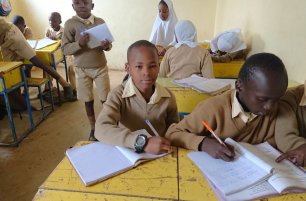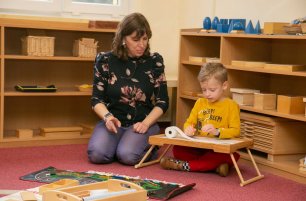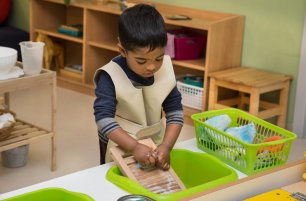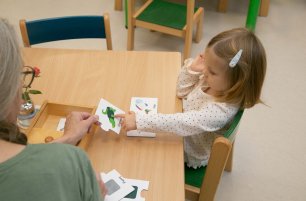IMSP Podcast: MEET ALUMNUS Krishna Ramani
Please welcome this week’s guest to the IMSP podcast – Krishna Ramani!
Currently living in Arizona while pursuing his degree in computer science at ASU, he looks back at his time at IMSP as a period of self-discovery. Speaking with our host Mariana, Krishna shares how the freedom to explore his interests at such a young age helped him to grow his independence and confidence. Transferring these skills into a traditional school setting, Krishna is able to thrive while pursuing his passions. Press play to learn more!
Krishna in his own words:
My name is Krishna Ramani, I attended IMSP from Kindergarten to 2nd Grade. Currently, I am a freshman at Arizona State University studying Computer Science. A few of my hobbies are basketball, weight lifting, and coding on the side.
Twenty years ago, IMSP opened its door for the first time. This podcast series follows Mariana Bečková — IMSP alumna and graduate of the program — as she shines a light on her fellow Montessori graduates. Celebrating our 20th anniversary, we are taking time to reflect with students who have been with us along the way. Tune in and learn more about their experience in the IMSP classroom and what Montessori means for them today.




